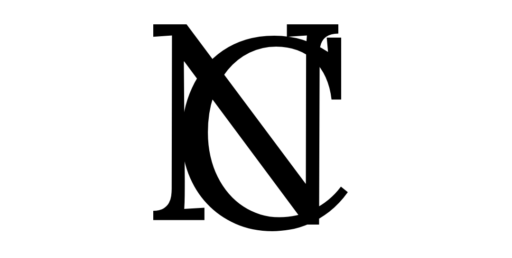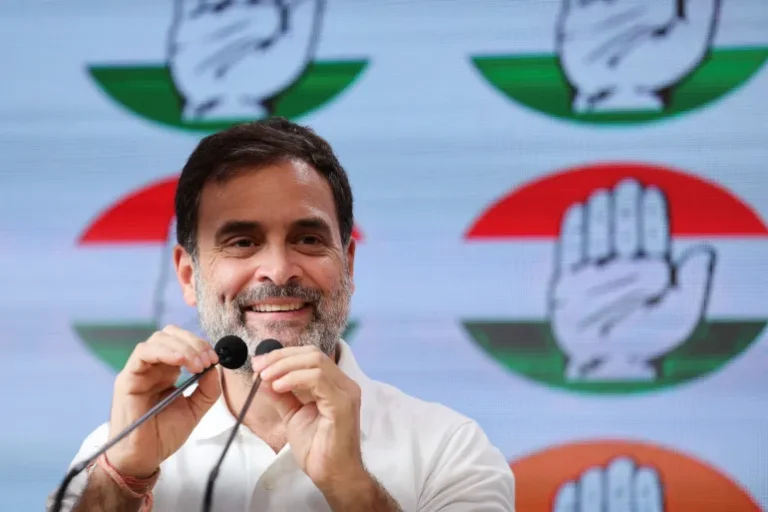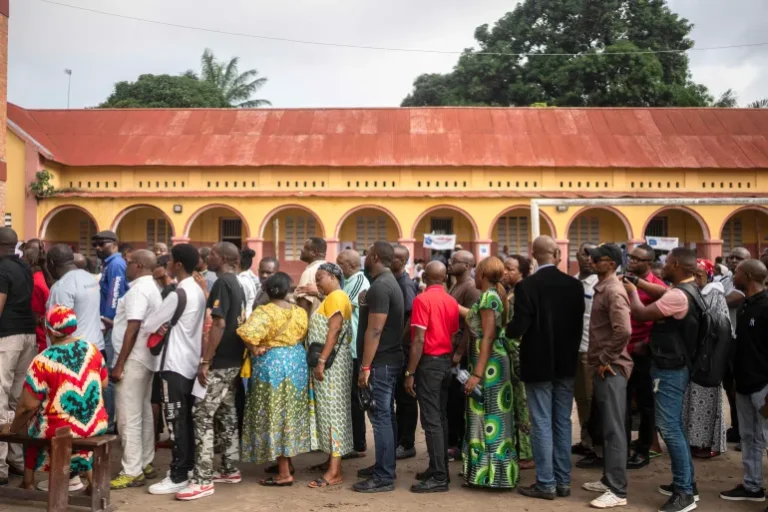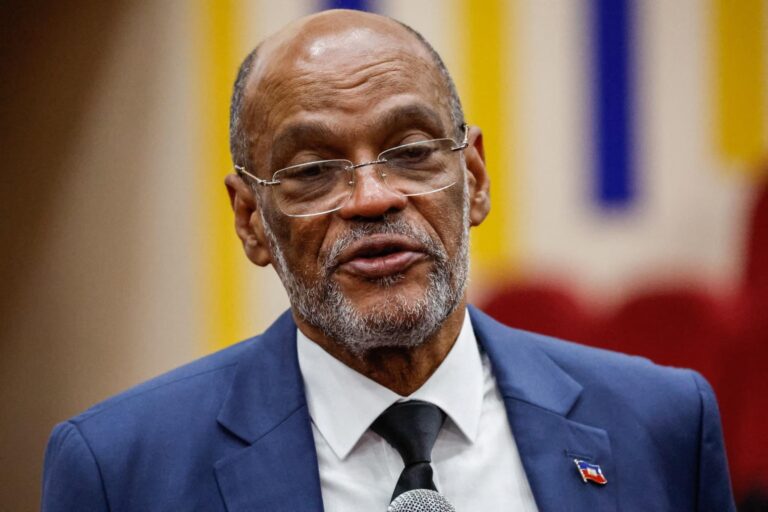EU Agrees to Open Accession Talks with Ukraine and Moldova, Hungary Blocks Financial Aid Package
European Union leaders have agreed to open accession talks with Ukraine and Moldova, marking a significant step toward EU membership for the war-torn nations. The decision was hailed by Ukrainian President Volodymyr Zelenskyy as a “victory for Ukraine and all of Europe.”
The announcement by EU summit chair Charles Michel came late Thursday, defying previous threats from Hungary to block the decision during the two-day EU summit. Hungary’s Prime Minister Viktor Orban, a close ally of Russian President Vladimir Putin, had expressed strong opposition to Ukraine’s accession talks but ultimately refrained from using his veto.

EU leaders also granted candidate status to Georgia and agreed to open negotiations with Bosnia and Herzegovina once certain criteria are met. The move was celebrated as a clear message of support for Ukraine’s aspirations despite lingering concerns from some member states, including Italy.
However, the positive momentum was overshadowed just hours later when Hungary followed through on its threats to block a crucial 50 billion-euro financial aid package for Ukraine. Orban vetoed both the additional funds and a review of the EU budget, dealing a significant blow to Ukraine’s efforts to stabilize its damaged economy.
The aid package, aimed at supporting Ukraine’s budget from 2024 to 2027, was urgently needed to help the country recover from the ongoing conflict with Russia. The decision required unanimous approval from all 27 EU member countries, and Hungary’s opposition has created a deadlock.
EU Council President Charles Michel expressed determination to reconvene in January to address the impasse. Orban, while not vetoing the accession talks, blocked the financial aid, stating that Ukraine was not ready for EU negotiations and criticizing the decision as “illogical, irrational, and improper.”
The unexpected developments come at a crucial time for Zelenskyy, who recently sought additional aid from the U.S. Congress without success. The EU’s historic decision to open accession talks provides a glimmer of hope for Ukraine, but the financial aid block poses immediate challenges for the country’s economic recovery.
The EU’s move to engage in accession talks with Ukraine and Moldova has been met with cautious optimism in Kyiv, while neighboring Moldova sees it as an opportunity to strengthen ties with the European bloc. However, the geopolitical implications and potential destabilization raised concerns in Moscow, which criticized the decision as politicized.
As the EU faces internal divisions and challenges in providing crucial aid to Ukraine, the coming weeks will be critical in determining the fate of the accession talks and financial support, with Hungary’s stance adding complexity to the situation.









detachably xyandanxvurulmus.D0ykmpjaEB3s